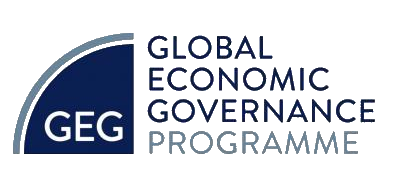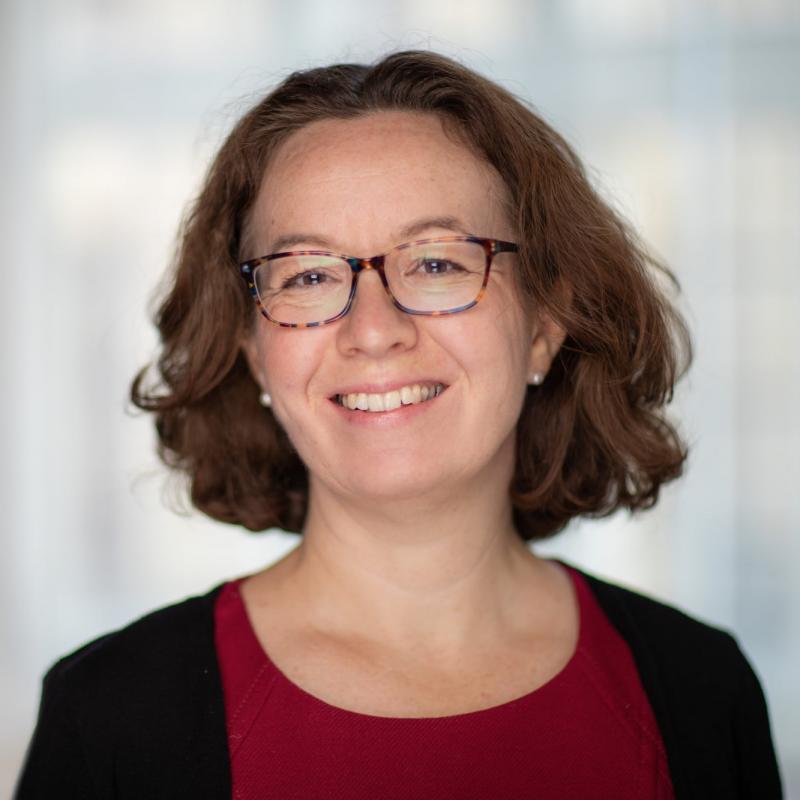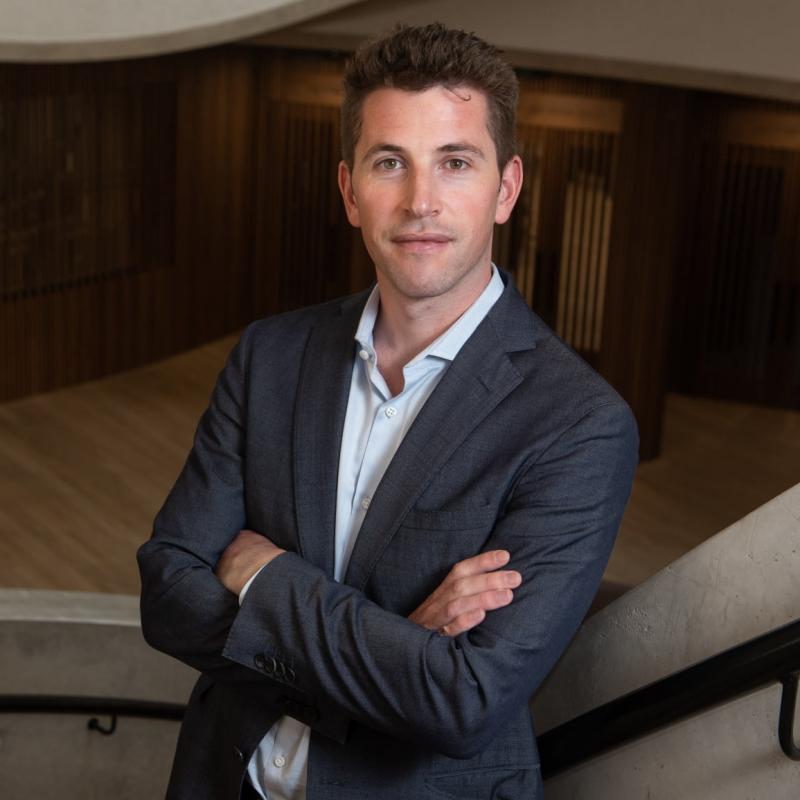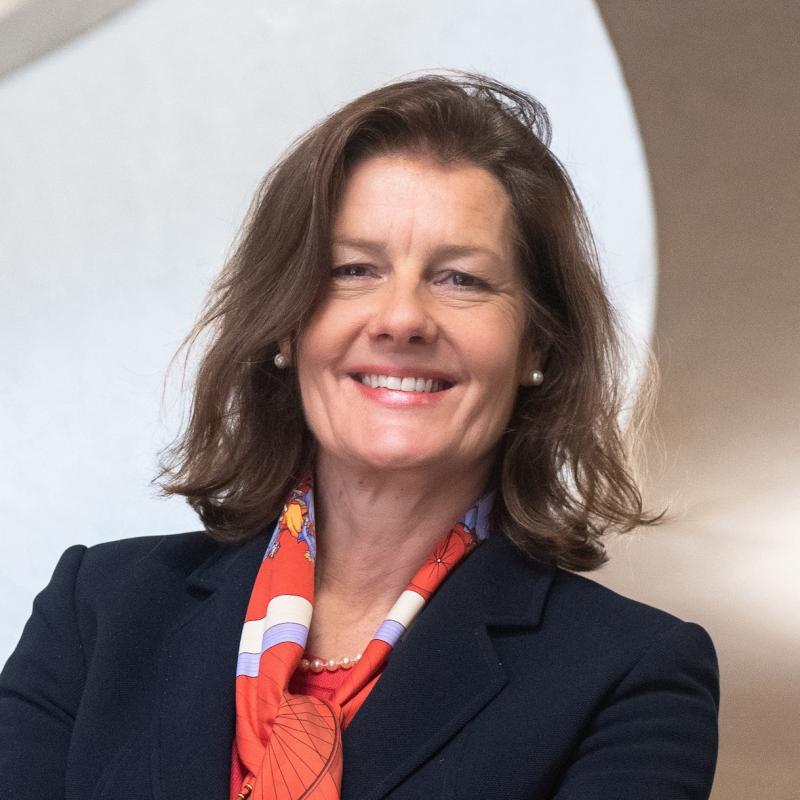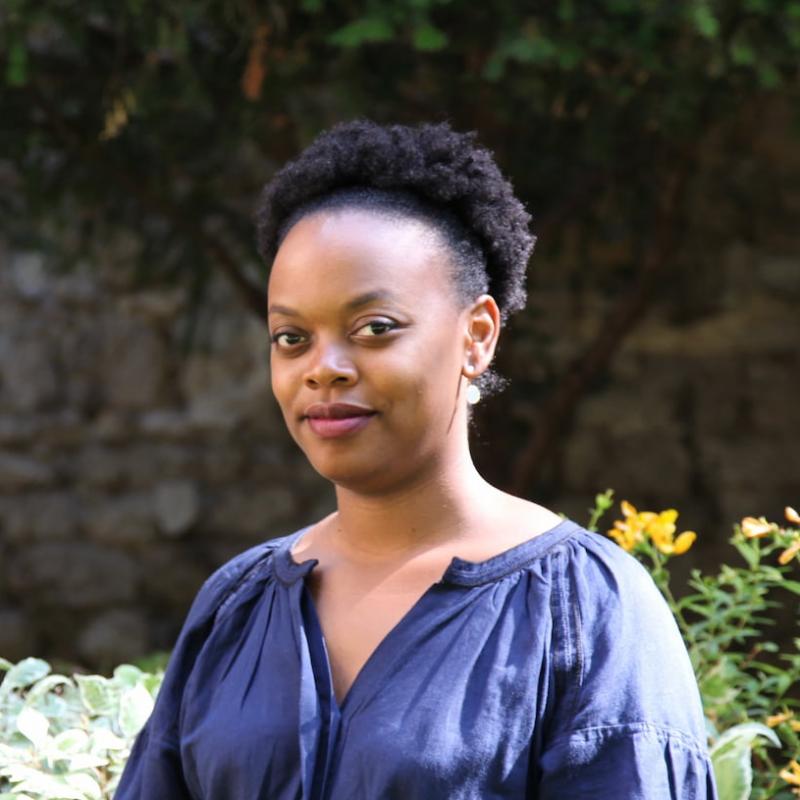Breadcrumb
The Global Economic Governance Programme was established in 2003 to foster research and debate into how global markets and institutions can better serve the needs of people in developing countries.
The Global Economic Governance Programme (GEG) fosters research and debate on how to make the global economy inclusive and sustainable. Through rigorous research attentive to policy realities, our work aims to:
- understand how international rules, institutions and practices governing the global economy are forged and impact citizens and the environment;
- incubate new ideas and policy proposals aimed at reshaping the global economy to address the most pressing needs of citizens and the environment; and
- foster dialogue between academic, government and stakeholder groups, including under-represented voices, to improve the quality of policy analysis and decision-making.
Our work draws together a core group of scholars based in Oxford and a network of academics and practitioners from around the world hosted by the Blavatnik School of Government and University College at the University of Oxford.
Climate South
Strengthening Non-state Climate Action in the Global South (Climate South) is a three-year project that aims to develop a rigorous social scientific evidence base to support effective climate action by cities, regional governments, and businesses in developing countries.
Climate South is led by the African Centre for Technology Studies (Kenya), the Blavatnik School of Government at Oxford University (UK), the German Development Institute (Germany), and The Energy and Resources Institute (India), with financial support from the Volkswagen Foundation, the Wellcome Trust, and the Riksbankens Jubileumsfond.
A three-year research project examining the politics of bank regulation in developing countries, with a focus on Low and Lower-Middle Income Countries (LMICs).
The project is led by Emily Jones and Ngaire Woods (Blavatnik School of Government, University of Oxford), and Thorsten Beck (Cass Business School, University of London) and funded by the UK's Economic and Social Research Council (ESRC) and Department for International Development (DFID). It brings together a team of researchers with expertise in the political economy of banking regulation in eleven countries on three continents.

